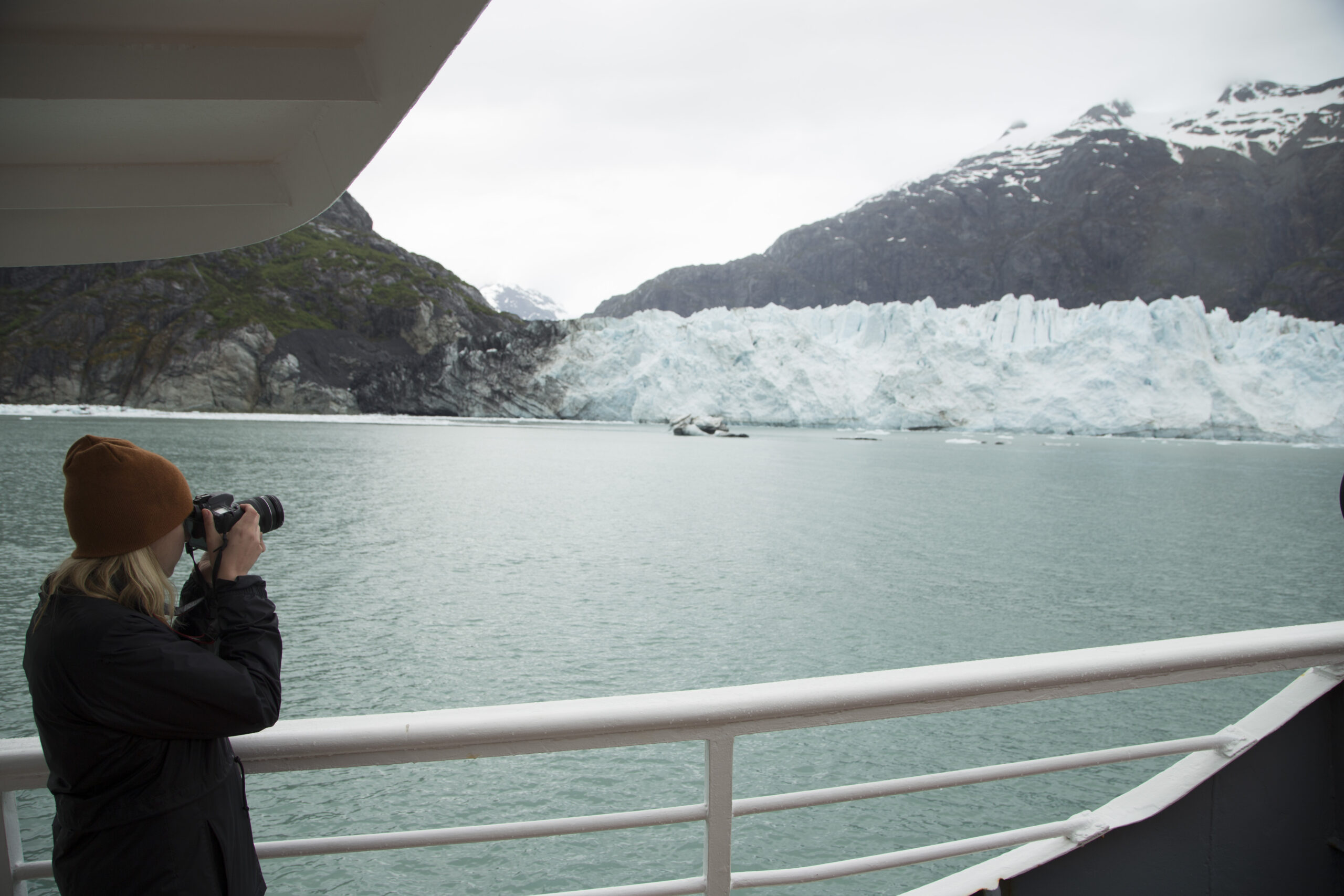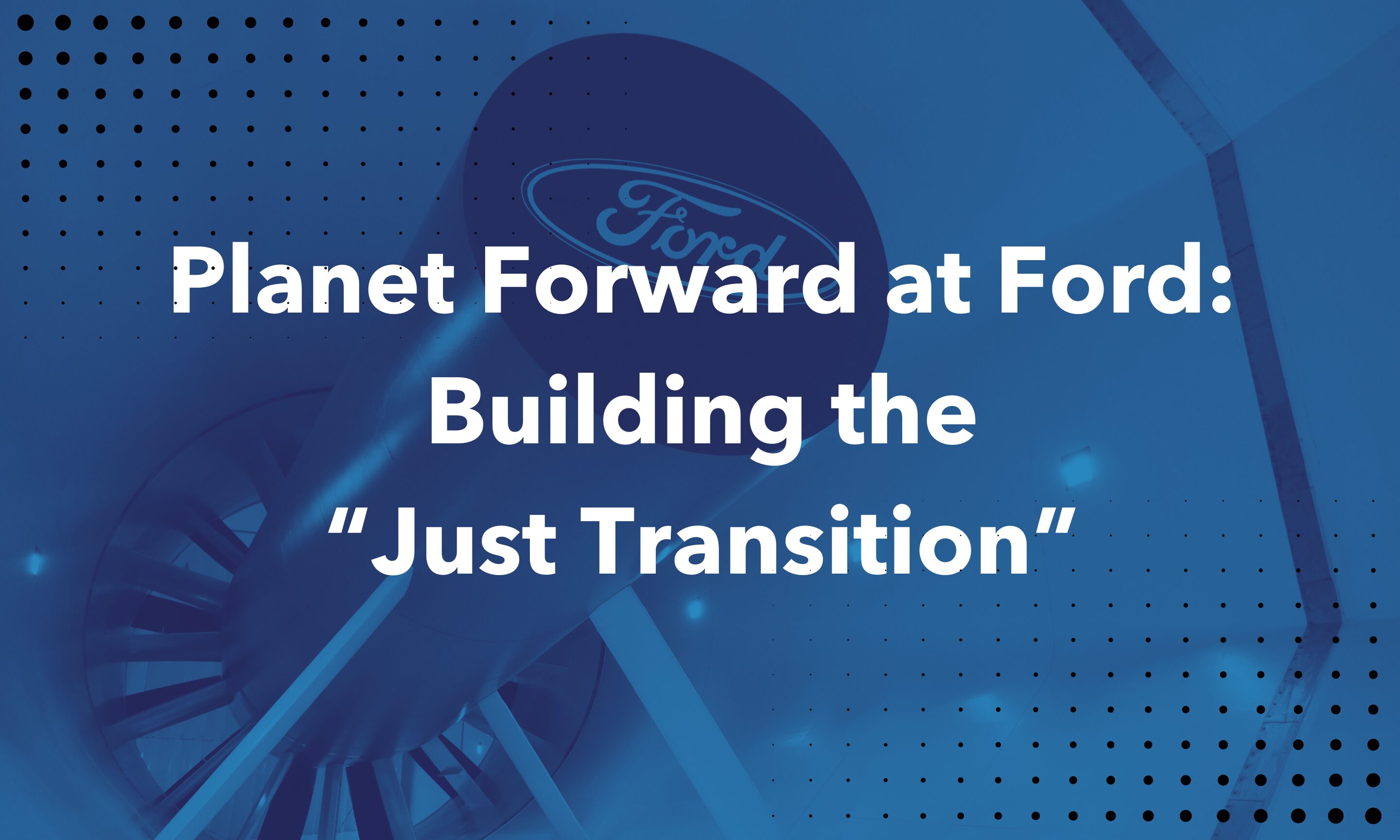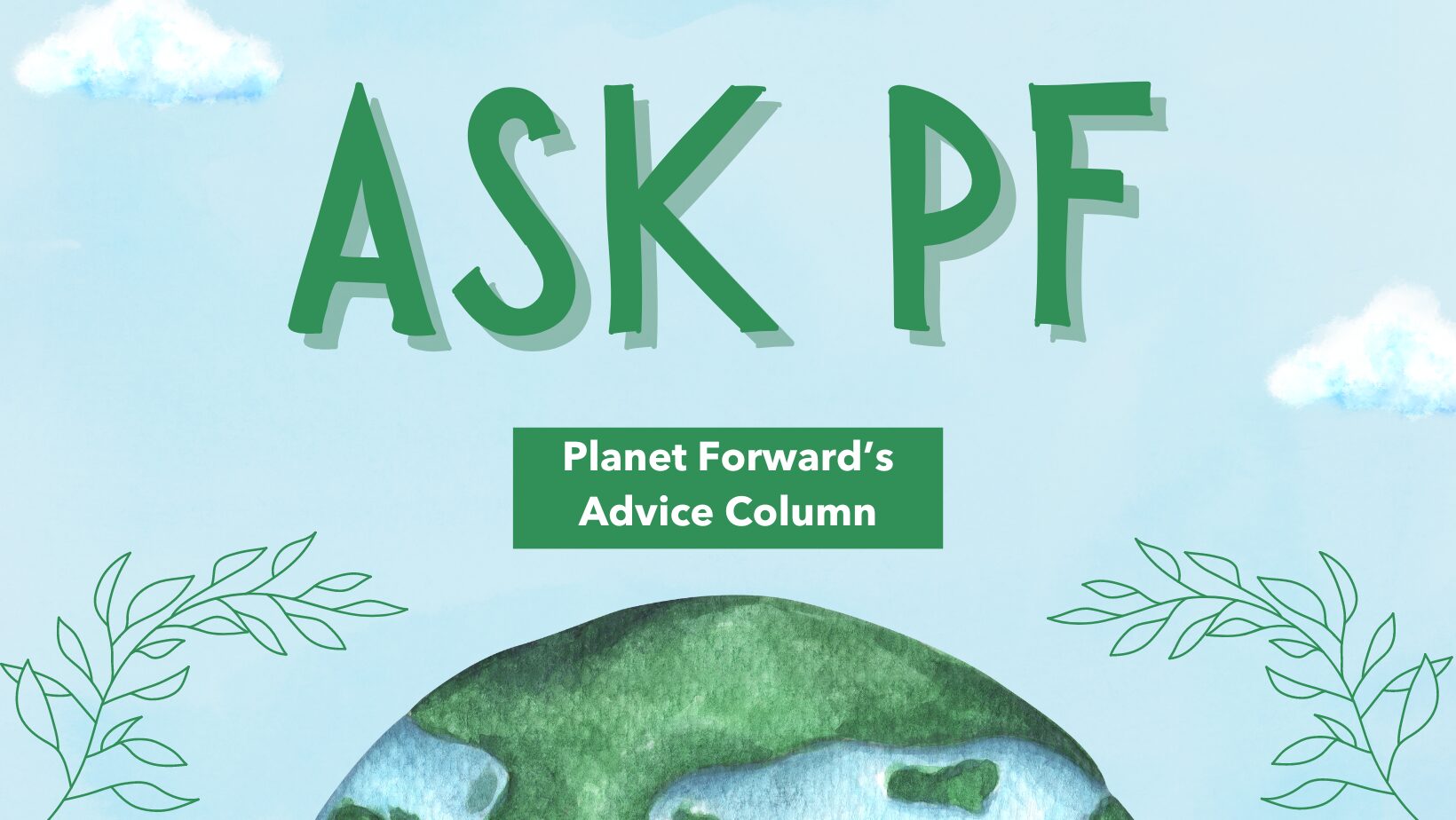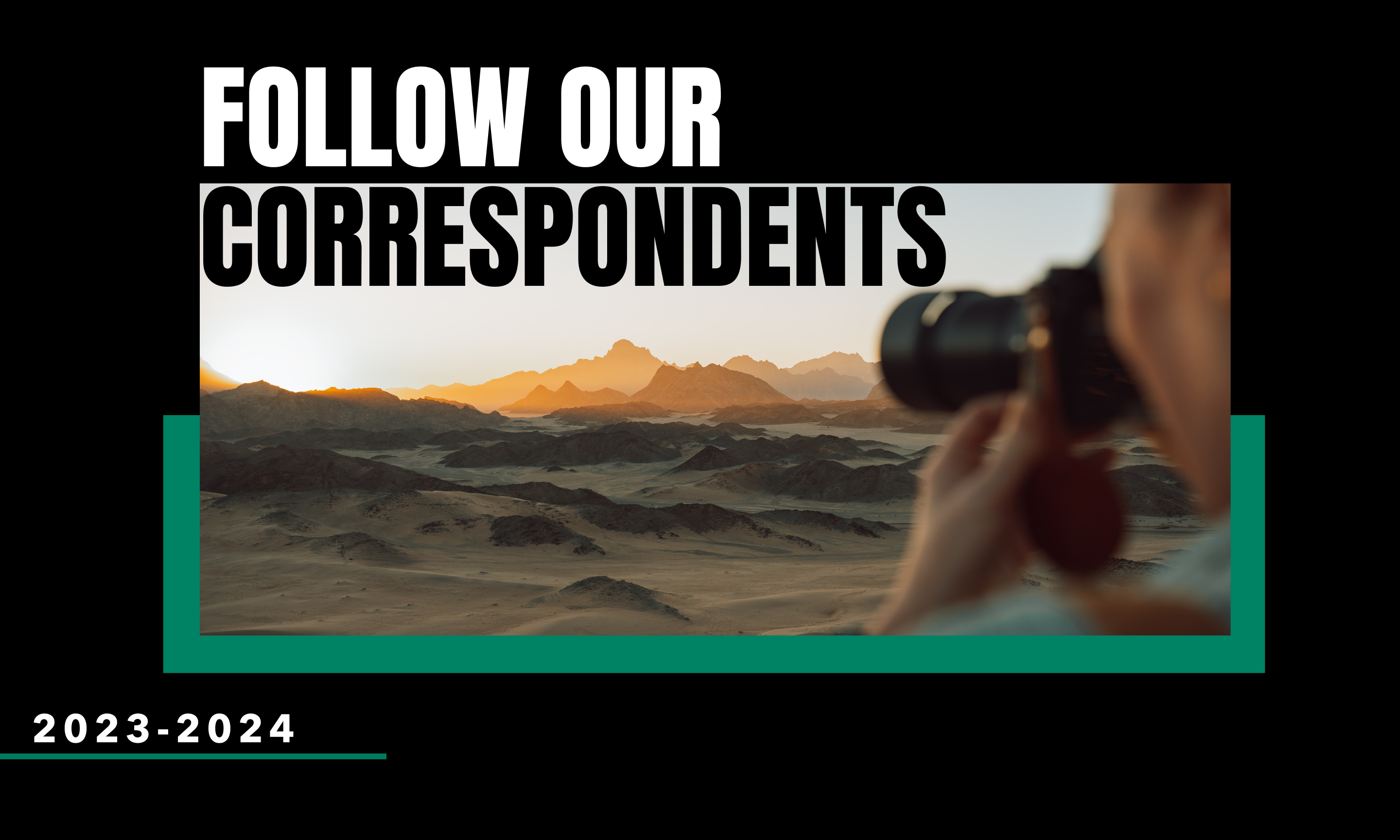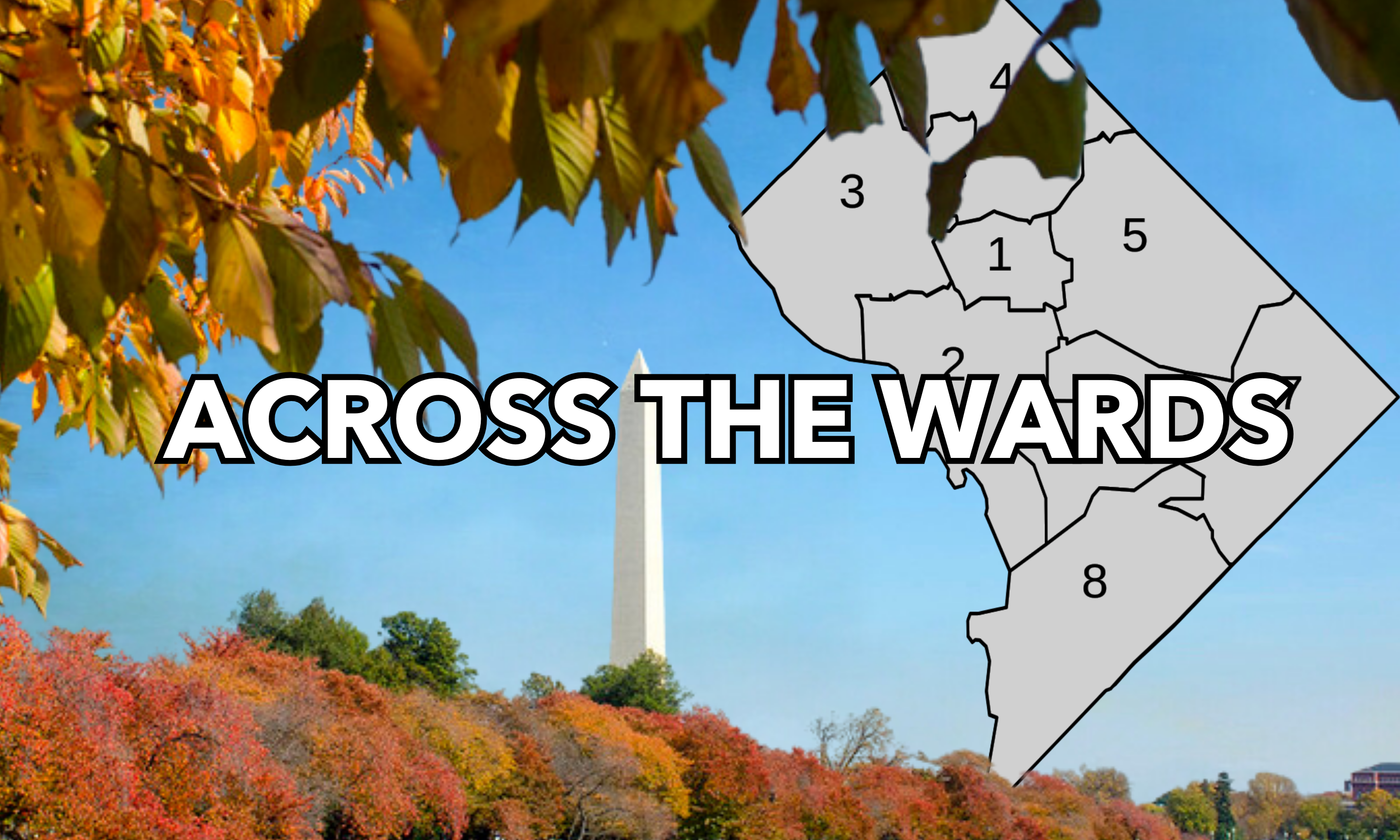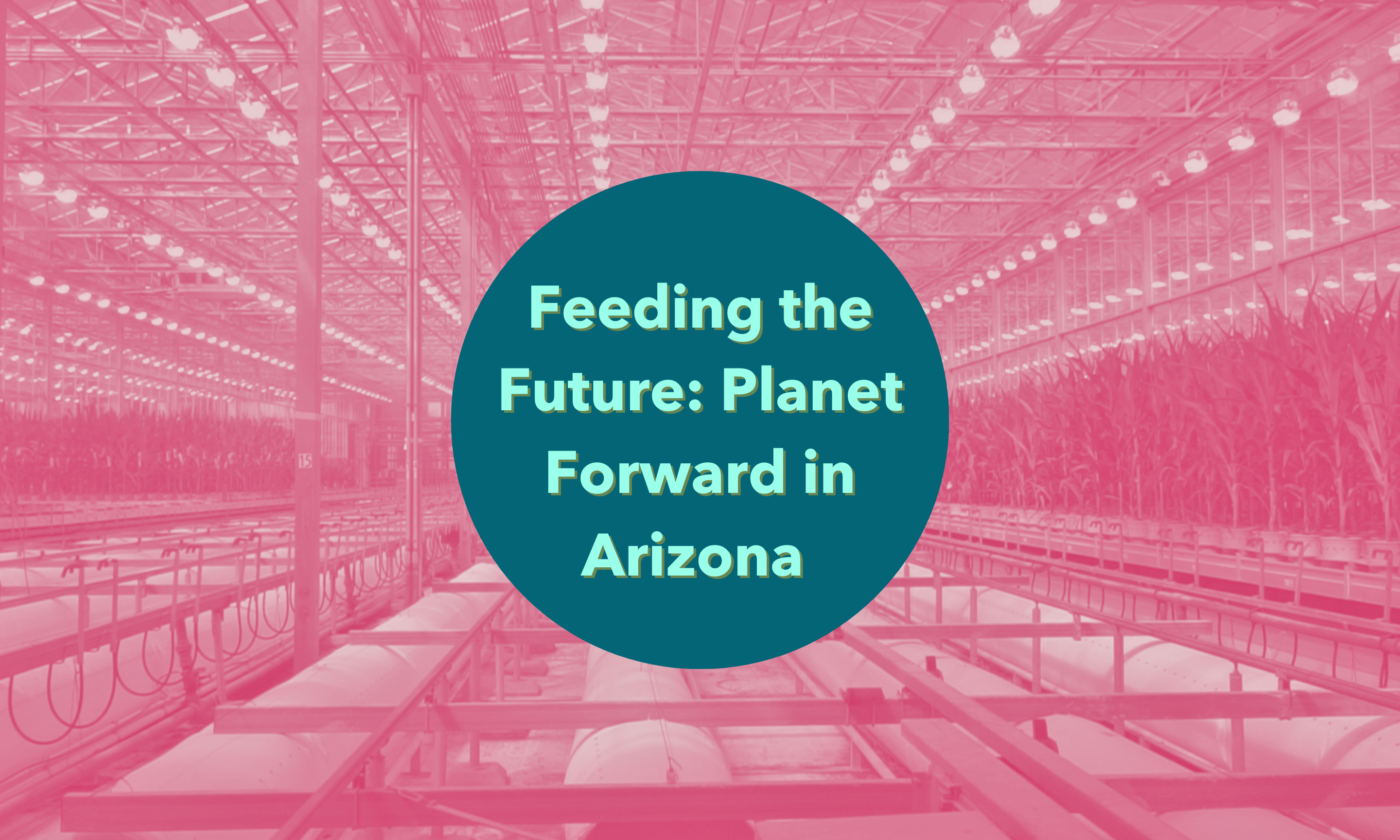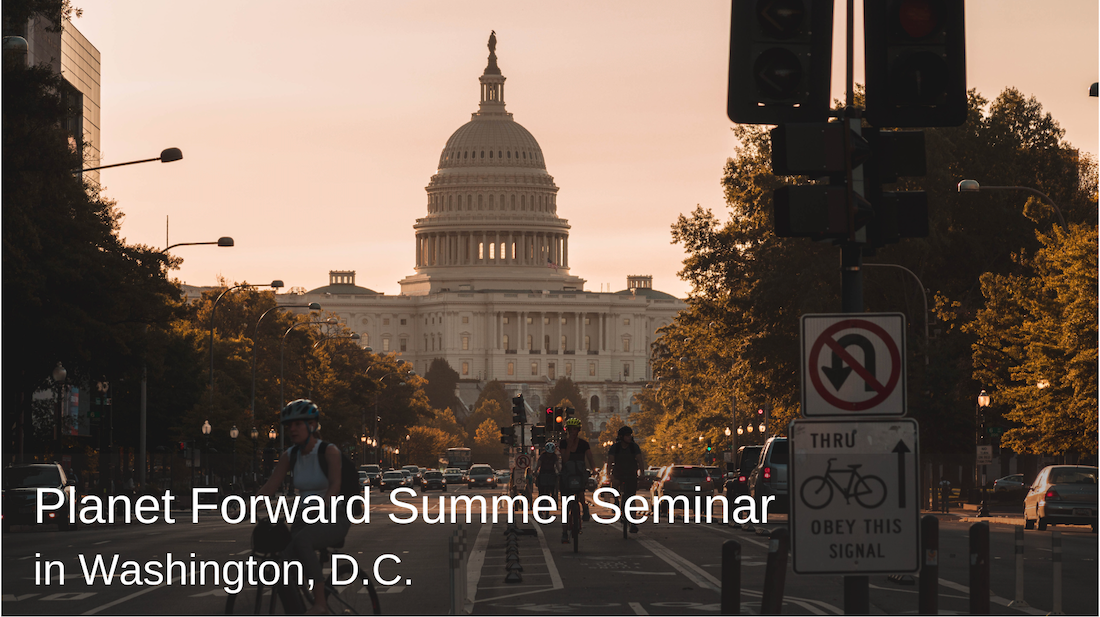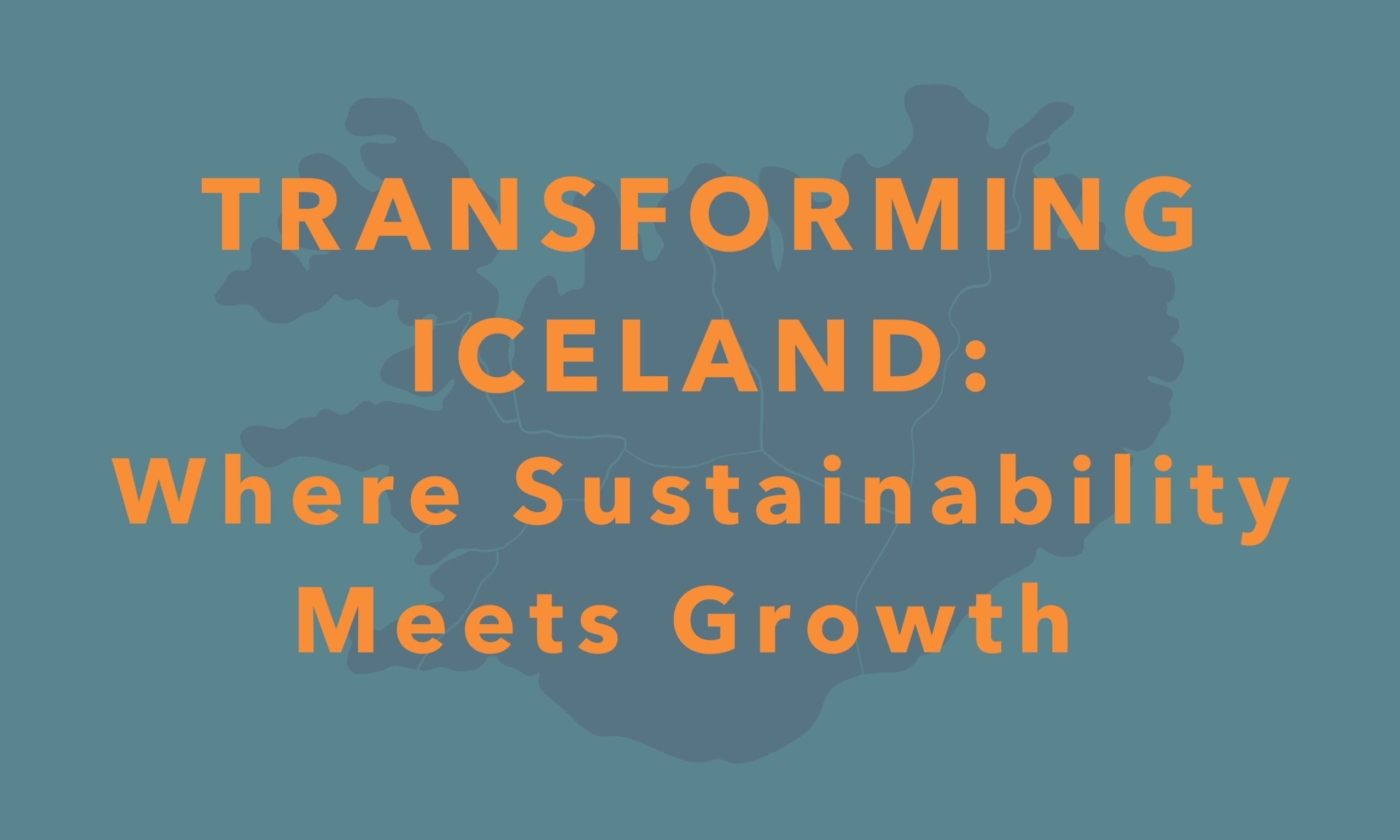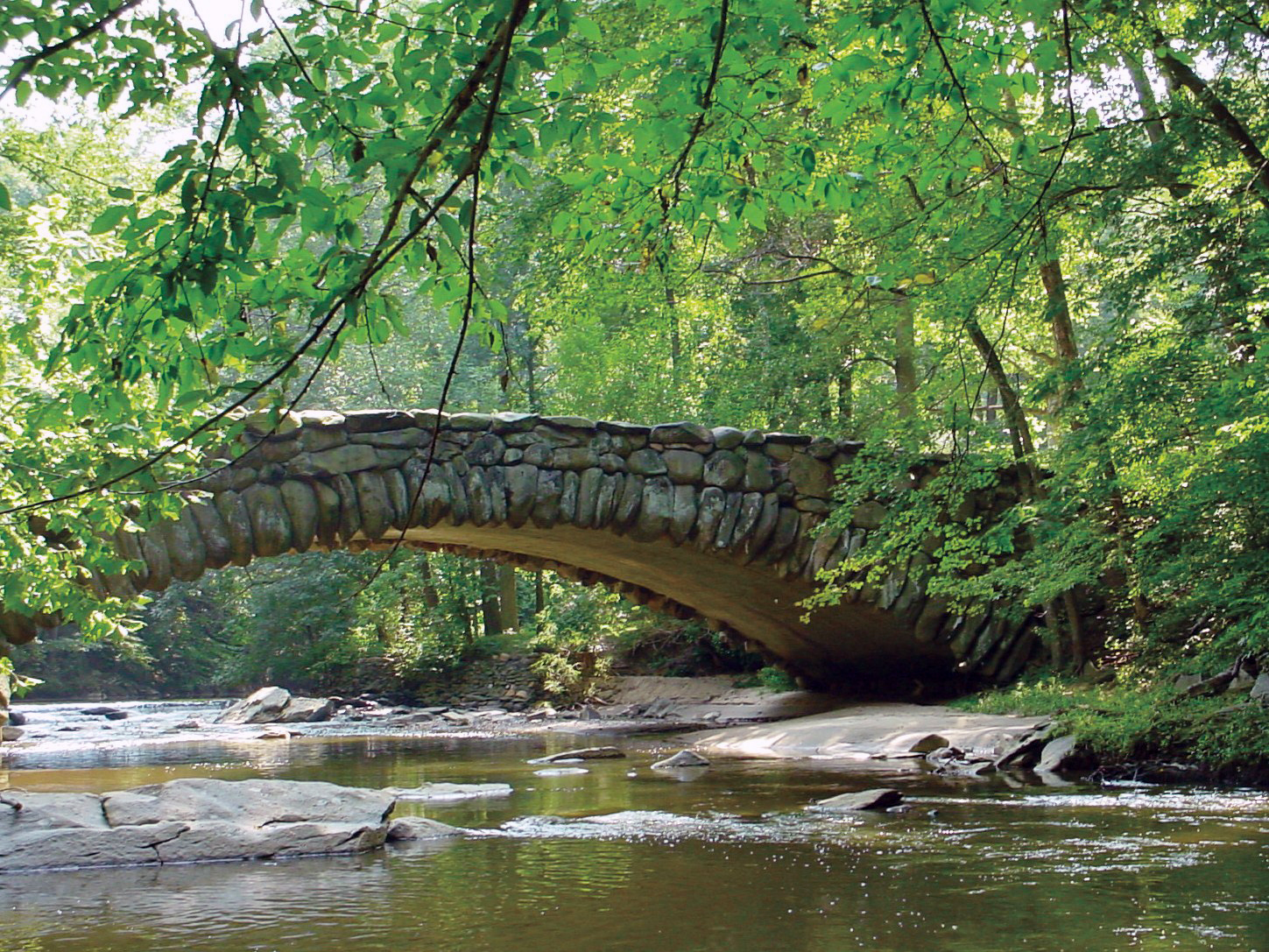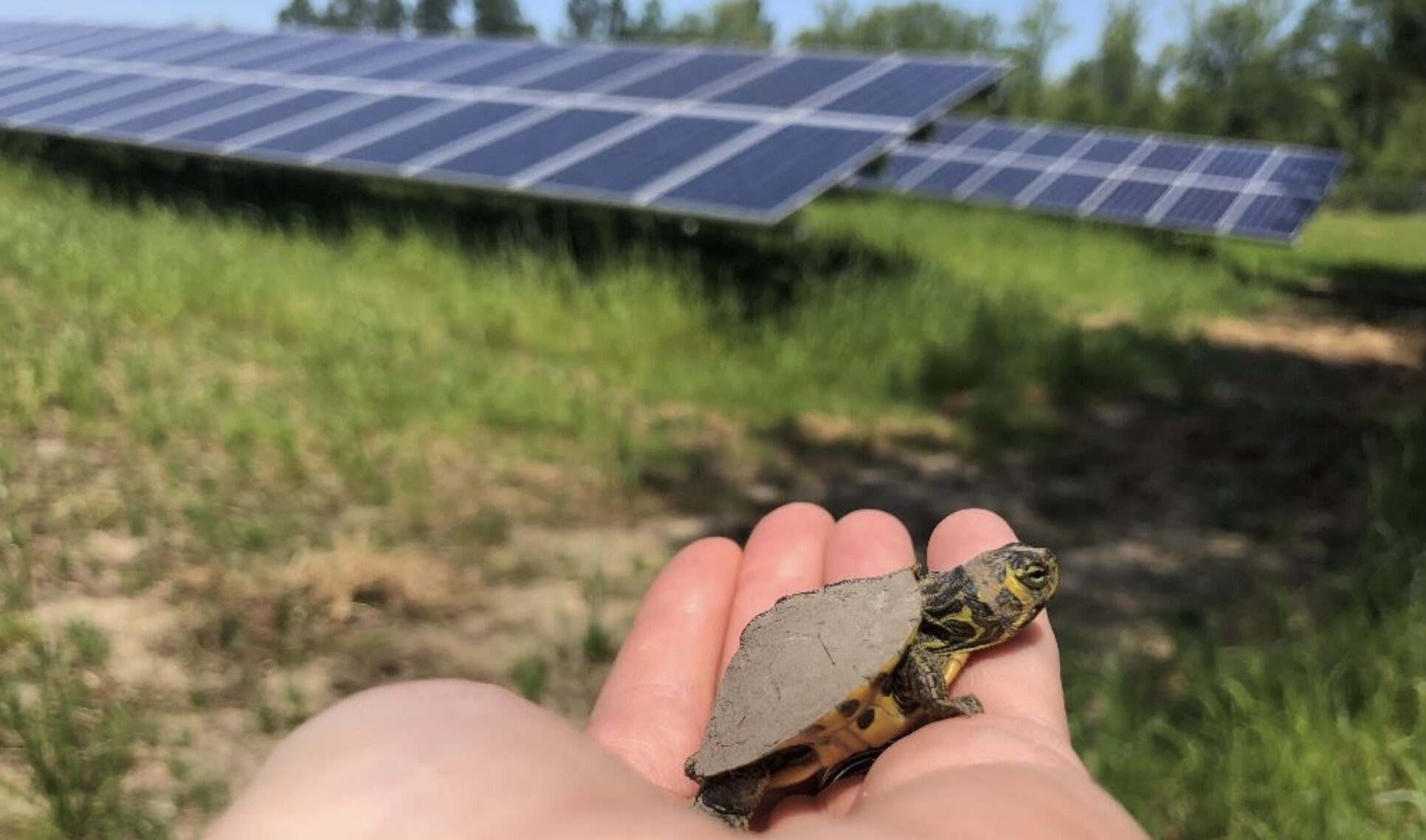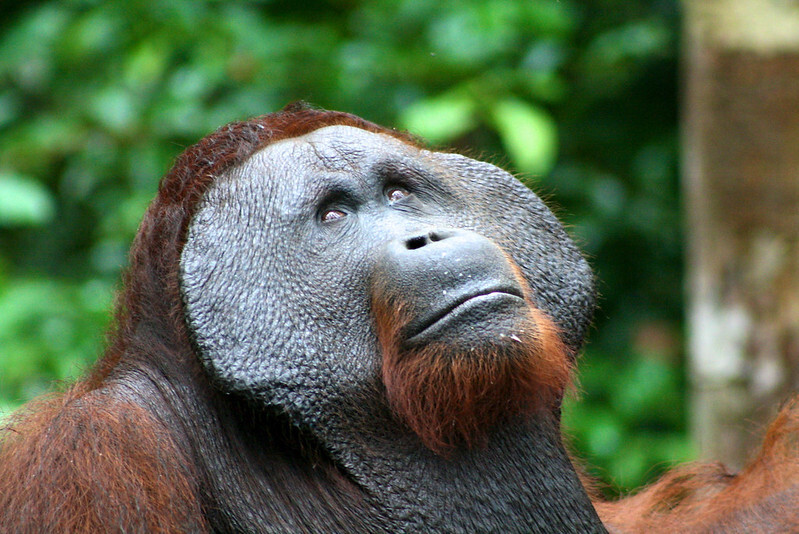
Saving our economy using ecology

I grew up in a small town in northern Vermont, I interacted with nature on a daily basis as my family got most of its food, fuel, and entertainment from the natural world. I experienced the full ramifications of most of my decisions on the world around me, because my connection with nature was immediate and intimate; many people don’t have that opportunity. There are many who wander through life thoroughly unaware that their actions have an impact, because not everyone lives in the backcountry of Vermont. Everyone however, must purchase goods and services, and if environmental costs were factored into the costs of a product then everyone would have a quasi-interaction with nature. We must reconcile the fact that while Capitalism has dug millions out of poverty, inspired innovation, and initiated prosperity; eternal growth isn’t possible on a finite planet. I believe in free markets, but they only work if all the costs are considered. As demonstrated time and again we constantly ignore the costs to nature our actions have, with ramifications as serious as mass extinction. To protect the planet’s biodiversity, we must come to terms with the fact that nature provides services that have monetary value, and we must honor that value as we go about our daily lives. The only way to do that is for every purchase, the consumer must assume the costs to the planet. Not only would valuing biodiversity influence behavior, it would also incentivize green innovation. If being green was synonymous with being cheap, we could find ways to attain both inexpensive goods and a healthy planet, which would be an end to the battle between human existence, and the environment.
The ethic that drives our modern economy is a direct threat to our planet’s biodiversity, with uninterrupted growth correlating to uninterrupted environmental degradation, but does that have to remain the case? The goal of my story is to communicate how we can rethink modern free-market capitalism so it remains within the finite constraints of the planet. Our main issue is humans remaining out of touch with the planet, my story of being raised in rural Vermont will convey my intimate connection with nature, while highlighting its absence in the lives of the majority of Americans. If however, with the price of every product, the ecological costs were considered, citizens who were unable, or more importantly unwilling to interact with the planet would be forced to do so with the purchases made in their daily lives. A market based solution to internalize all the ecological costs of production could make the price of goods and services more in touch with the planets realities and limits.
—
Sources:
Halstead, T. (2017, June). Climate Leadership Council. Retrieved October 7, 2019, from https://www.clcouncil.org/.
Hanley, N. (2015). Pricing the planet: Nick Hanley weighs up a study that probes the economic value of nature. Nature, 520(7548), 434+. Retrieved from https://link-gale-com.esf.idm.oclc.org/apps/doc/A411013074/AONE?u=sunycesfsc&sid=AONE&xid=8c672ed2
Max, D. T. (2019, July 9). Green Is Good. Retrieved October 7, 2019, from https://www.newyorker.com/magazine/2014/05/12/green-is-good.
Mytels, D. (1992, Winter). Between economics & ecology: the Business Environmental Network. Whole Earth Review, (77), 22+. Retrieved from https://link-gale-com.esf.idm.oclc.org/apps/doc/A12937767/PPES?u=sunycesfsc&sid=PPES&xid=4b6dd0a3
Randall, A. (1991). The Value of Biodiversity. Ambio, 20(2), 64-68. Retrieved from http://www.jstor.org.esf.idm.oclc.org/stable/4313778
Realising the value, enhancing business success: sustainability issues impact business. (2003, November-December). Energy & Environmental Management, S6A+. Retrieved from https://link-gale-com.esf.idm.oclc.org/apps/doc/A112245356/PPES?u=sunycesfsc&sid=PPES&xid=1906921b
Sagoff, M. (2015). Economic Theory and Environmental Law. In An Environmental Law Anthology (pp. 224–230).
Stroup, R. (2003). Free Market Environmentalism. Library of Economics and Liberty, 1–1. Retrieved from https://www.econlib.org/library/Enc/FreeMarketEnvironmentalism.html


